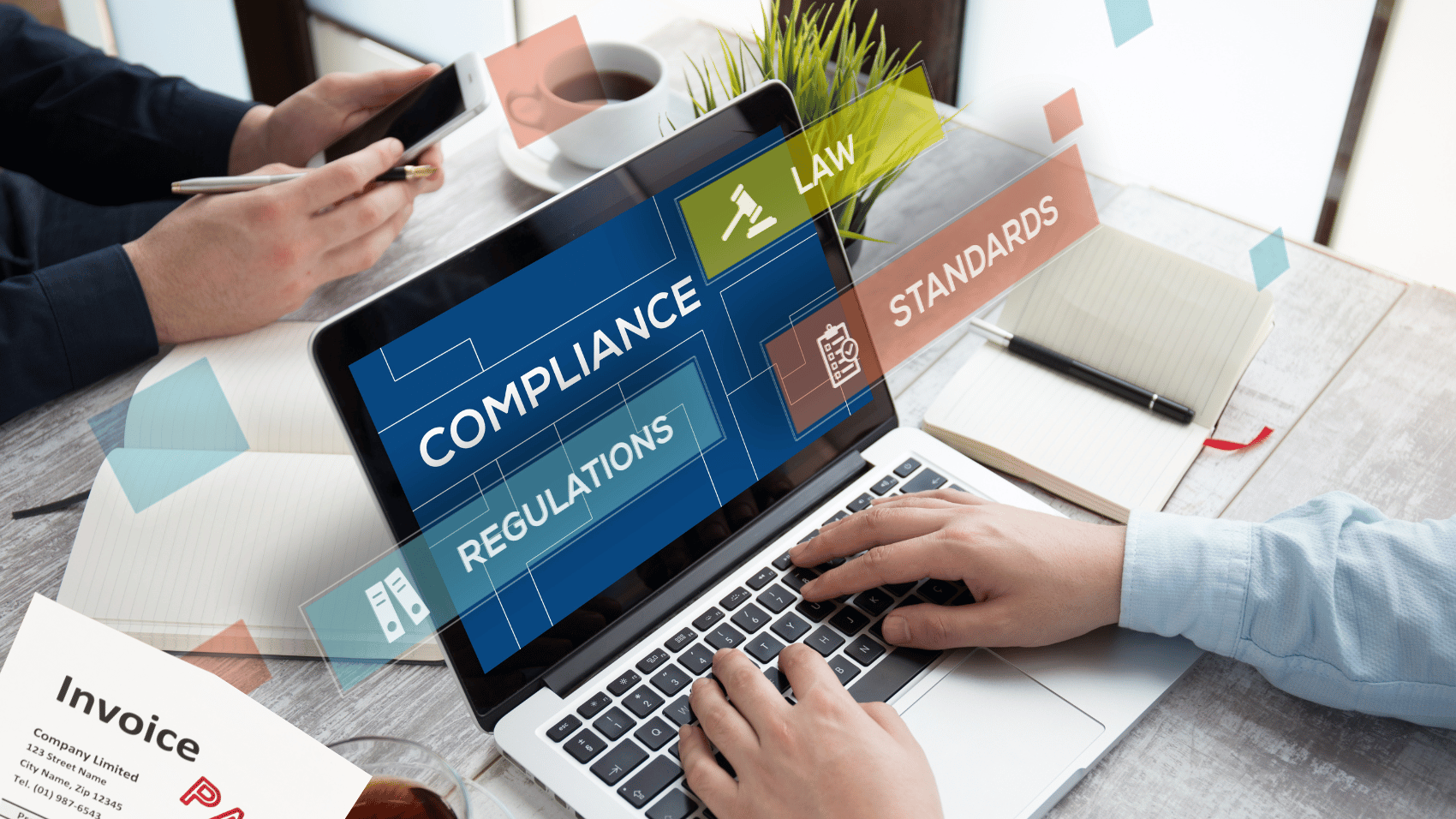The UK government revealed that e-invoicing resulted in annual savings of at least £2 billion for both the government and its suppliers.
This information might seem unrelated, but it underscores the vital need for businesses to adjust to changing regulations and dynamic compliance requirements constantly.
Today, businesses must continually adapt to shifting regulations and evolving compliance standards to stay competitive, compliant, and efficient. But with e-invoicing, businesses can streamline their financial processes, enhance data accuracy, and cut costs. This blog will explore the profound impact of these new e-invoicing compliance requirements.
What exactly is E-invoicing?
E-invoicing is the digital evolution of traditional paper-based invoicing. It encapsulates the generation, transmission, and reception of invoices in electronic formats. Recognizing the global trend toward e-invoicing, the UK government has implemented comprehensive compliance requirements that compel businesses to adapt and adopt.
These requirements are far from being mere bureaucratic hurdles. These are designed to streamline processes, enhance transparency, and combat fraudulent activities, ultimately fostering a more efficient transactional environment.
Data Accuracy and Validation
One of the most pronounced impacts of e-invoicing compliance requirements is their unwavering focus on data accuracy and validation. Traditional paper invoices have long been susceptible to errors, leading to delayed payments and costly discrepancies. According to a report, manual invoice processing can result in error rates as high as 12.5%.
E-invoicing mandates organizations to validate and cross-reference data electronically, leaving little room for inaccuracies. This not only reduces the likelihood of errors but also expedites processing and payment cycles, injecting efficiency into the financial bloodstream of businesses.
Real-Time Reporting
E-invoicing compliance requirements demand real-time reporting of financial transactions, ushering in an era of unparalleled transparency. Businesses are now obligated to submit their invoices electronically as soon as they are generated, obviating the need for cumbersome manual data entry and diminishing the risk of fraud or late submissions. Almost 60% of businesses reported accelerated invoice processing times after embracing e-invoicing, while 50% experienced a notable reduction in late payments from customers.
Enhanced Security
In an age rife with digital threats, security is paramount. E-invoicing compliance requirements come fortified with stringent security measures designed to safeguard financial data with an impenetrable shield. Encryption, authentication, and secure transmission protocols are mandatory, protecting sensitive financial information from the relentless onslaught of cyber threats. In addition to safeguarding financial data, these measures fortify the reputation of organizations, reassuring stakeholders that their financial information is in safe hands.
Cost Reduction
The adoption of e-invoicing compliance requirements presents a compelling economic case. According to a study by the Aberdeen Group, businesses can slash invoice processing costs by up to 49% by making the transition to e-invoicing. The elimination of paper, postage, and manual data entry translates to substantial reductions in administrative expenses tied to invoicing. Furthermore, the swifter processing and decreased likelihood of errors can lead to expedited payments from customers, fortifying cash flow and financial stability.
Enhanced Business Relationships
Amidst the tumultuous waves of business transactions, maintaining healthy and transparent relationships with customers and partners can be a challenging endeavor. This is where e-invoicing compliance requirements offer a life preserver. By ensuring real-time reporting and accurate data, these requirements foster trust and collaboration. When invoices are processed promptly and with precision, it paves the way for smoother interactions between businesses and their clients or suppliers.
Embrace the Technological Evolution of Transactions
The impact of new e-invoicing compliance requirements on organizations in the UK is profound and transformative. From enhancing data accuracy and validation to fortifying security and driving cost-efficiency, these regulations are rewriting the financial playbook for businesses. As we navigate this digital era, organizations that embrace these changes stand to gain a competitive edge, positioning themselves for sustained success in the ever-evolving business landscape.
Accelerate the growth of your business today with Fourfold UK
Are you prepared to ride the wave of change and ensure your organization’s compliance with the latest e-invoicing requirements? Partner with Fourfold UK, your trusted navigator in the complex world of e-invoicing compliance and financial process optimization. Our experienced crew stands ready to chart your course to success. Call us today. Don’t drift in the sea of financial challenges – let us steer your ship toward prosperity.
